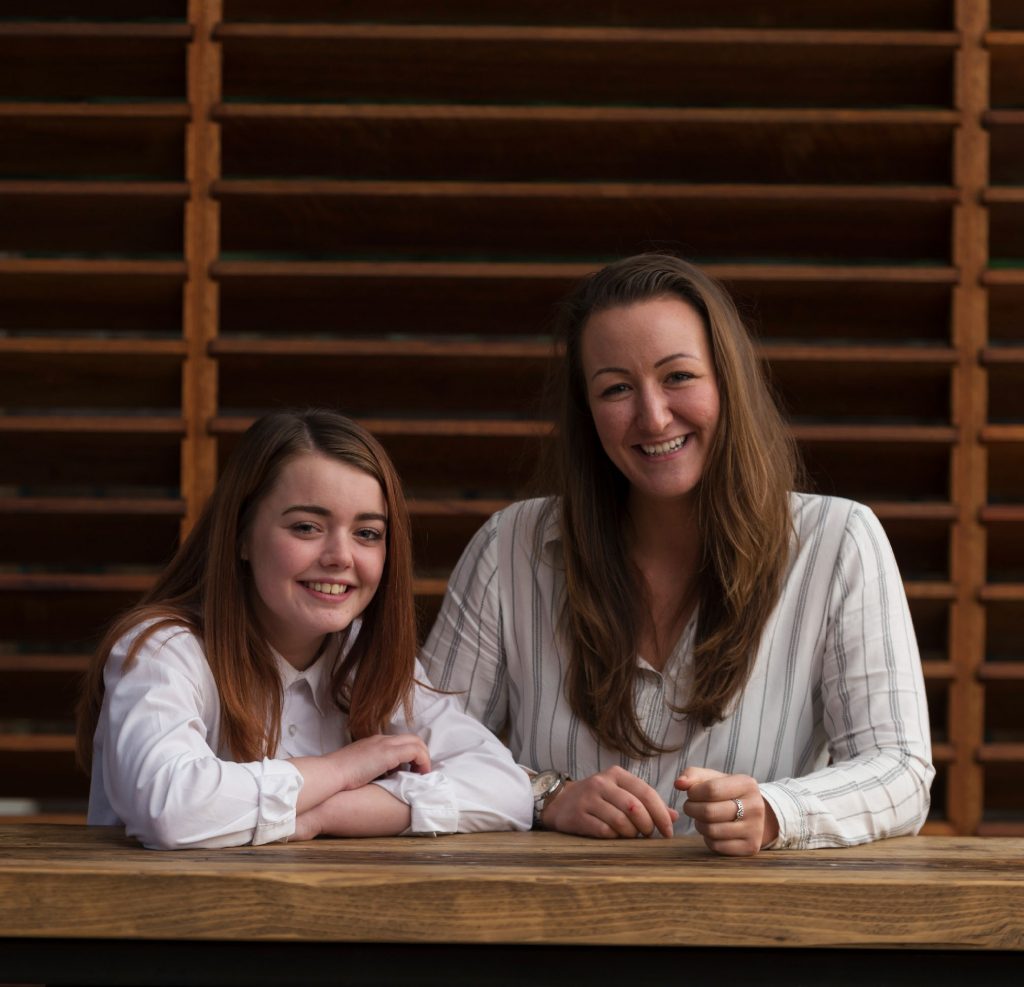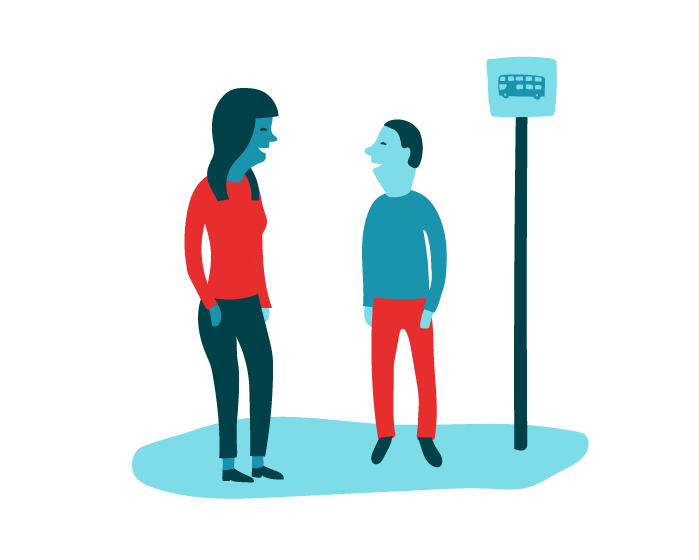Posts by Eilidh Watson
Mentoring boosts young people’s wellbeing
In Scotland, there has been an increasing focus on wellbeing. First Minister Nicola Sturgeon recently revealed in a TED Talk her view that a country’s output should not just be measured economically, but by the impact it has on how its people feel. New Zealand recently handed down its first budget which focused on wellbeing,…
Read MoreCelia Tennant thanks intandem charities and volunteers.
Inspiring Scotland recently commissioned Blake Stevenson to carry out an Independent Evaluation of intandem. Established to support children and young people who are looked after at home, intandem provides them with a mentor they meet once a week, with whom they can have a positive and trusting relationship free from some of the pressures that life has thrown…
Read MoreHelen Chambers writes in the Scotsman to celebrate intandem mentoring work!
“I’ve noticed a huge difference in Rob recently. He is like a different boy; his body language has changed and he sits up straighter and stands tall,” says Christine, Rob’s intandem mentor. It is a long way from the boy he was less than a year earlier; he was very shy and hid his face…
Read MoreReflections from the European Mentoring Summit
Susie White represented the intandem team at the biennial European Mentoring Summit in March, joining with colleagues from Scottish Government, Scottish Mentoring Networks, Befriending Networks and YMCA and learn how research is informing practice across Europe and America. There were four key note addresses, three interactive sessions (from a bewildering choice of 30) and one workshop…
Read MoreCelebrating intandem’s mentoring anniversary – getting it right for young people across Scotland
On the anniversary of intandem’s first mentoring match, the First Minister Nicola Sturgeon has acknowledged the important role of the mentoring programme in helping all young people have the best start in life. In a special message she thanked the hundreds of volunteers who have signed up, been trained and are ready to be there…
Read MoreWhat a difference a year makes!
200 Outstanding volunteers recruited to intandem In November 2016 Inspiring Scotland selected 13 charities to work with in developing a new national mentoring programme entirely focused on changing the life chances of young people looked after at home. Since then over 200 outstanding volunteers have been recruited to the intandem programme from across the country…
Read More



